Topic: Respecting Diversity (Prejudicial Language)
This toolkit aims to support and assist education staff, partner agencies and CYP practitioners in their work with children, young people and families.
Introduction
The concept of diversity encompasses acceptance and respect, understanding that each individual is unique with individual differences. The Equality Act 2010 introduced 9 Protected Characteristics that are protected under law in terms of discrimination:
- Race
- Disability
- Gender Reassignment
- Sex (Gender)
- Sexual orientation
- Pregnancy and Maternity
- Marriage and Civil Partnership
- Age
- Religion and Belief (this includes no religion or belief)
With the increasing need to challenge and address hate motivated/targeted behaviour among communities, in particular young people, this toolkit captures expert organisations who can provide information, advice and resources to support work relating to specific protected characteristics.
The information and resources offered aim to support professionals with educating children and young people about respecting individual differences, exploring these in a safe, positive, and nurturing environment to help them better understand each other and move beyond ‘simple tolerance’ to respect, embrace and celebrate the diverse society they are growing up in.
The topic tabs below provide support, information and resources from specialist dedicated organisations.







